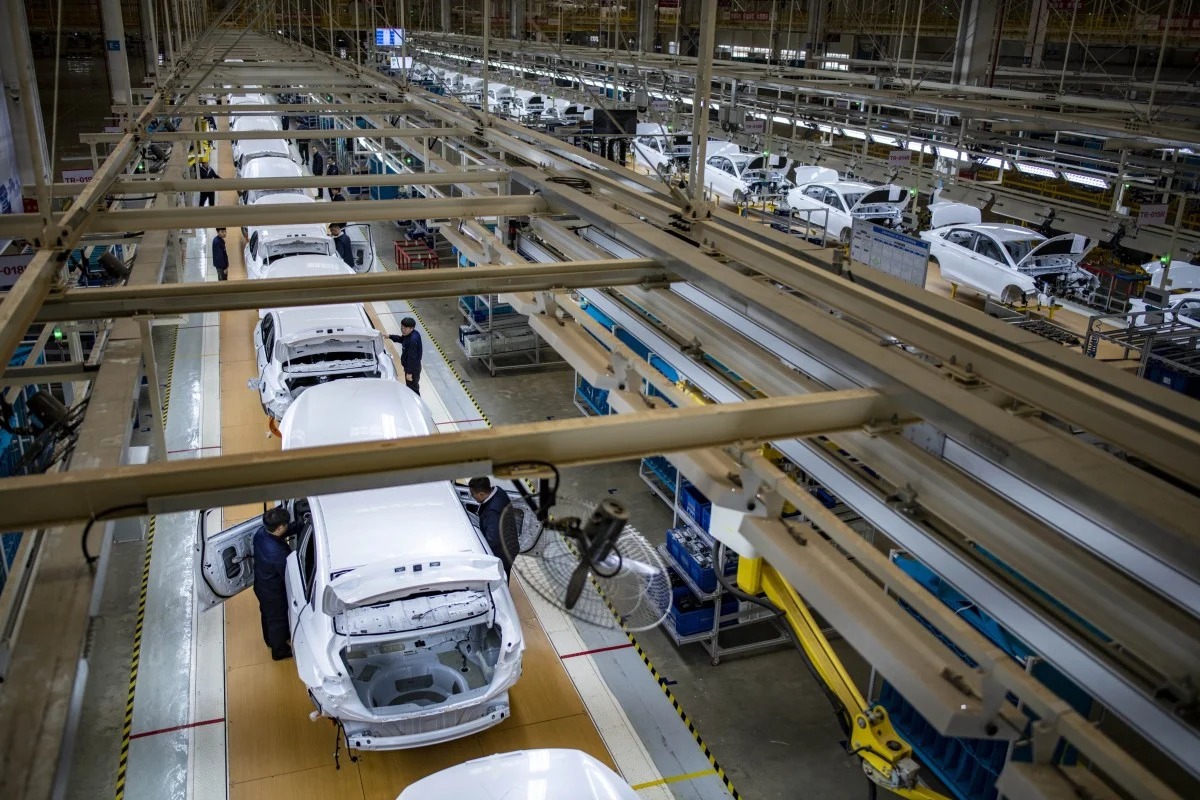Kelvin Pang claims that the recent two-year worldwide chip crisis, which was brought on by pandemic supply disarray and surging demand, has changed what was formerly a high-volume, low-margin sector into one with the possibility for lucrative agreements.

Worldwide automotive chip order delays are still lengthy, but brokers like Pang and thousands of others are concentrating on China because it has become the epicentre of a crisis that the rest of the industry is progressively getting over.
A Reuters examination of 100 automotive chips made by the five major manufacturers found that new orders are typically backed up by nearly a year globally.
Global automakers including General Motors Co., Ford Motor Co., and Nissan Motor Co. have taken steps to improve access in response to the supply crunch, including direct negotiations with chipmakers, paying more per part, and taking more inventory.
However, the picture for China is less optimistic, according to interviews with more than 20 industry participants, including brokers, automakers, suppliers, and CATARC specialists, a government-affiliated auto research agency in China.
China depends nearly exclusively on chips supplied from Europe, the United States, and Taiwan despite being the world’s largest automaker and a pioneer in electric vehicles (EVs). The conclusion of a zero-COVID shutdown in Shanghai’s car industry last month has added to supply constraints.
According to CATARC, the China Automotive Technology and Research Center, the scarcity is more severe than elsewhere and poses a danger to slow the country’s EV progress. Within the next two to three years, a young domestic chipmaking sector is unlikely to be able to meet demand, the report claims.
Pang, for his part, predicts that China’s scarcity would last through 2023 and believes that keeping supplies after that point would be risky.
According to two people familiar with the trade at a Chinese EV maker and an auto supplier, the search for workarounds has led automakers and suppliers to Shenzhen, China’s main chip trading hub, and the “grey market,” which brokered supplies legally sold but not authorised by the original manufacturer.
Because chips are occasionally recycled, mislabeled, or inadequately handled, there are hazards associated with the grey market.
China is spending to lessen its dependency on imported chips since its sophisticated chip design and manufacture still lag behind those of its competitors abroad. But it won’t be simple, especially in light of the strict specifications for auto-grade semiconductors.

